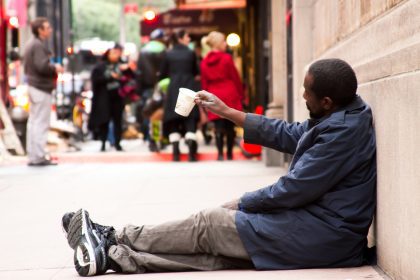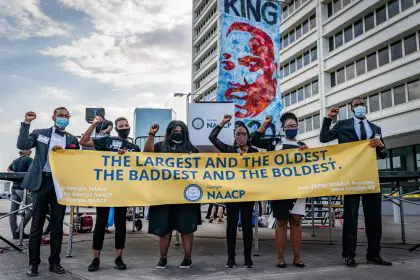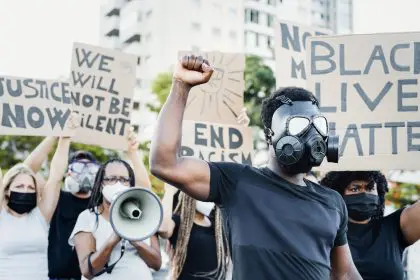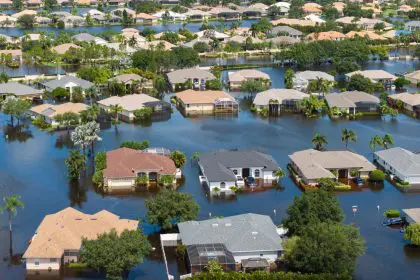Coffee has transcended its role as a mere morning ritual to become a global cultural touchstone. As our thirst for this beloved beverage grows, with annual consumption increases of 2-2.5%, experts project that demand could triple in the next quarter-century. However, this caffeine-fueled boom comes with a significant environmental price tag that demands our attention.
The hidden costs of our daily cup
Leading coffee-producing nations like Vietnam, Brazil and Colombia have heavily invested in meeting the world’s coffee cravings. Unfortunately, this mass production often leads to severe environmental consequences. For every cup of coffee consumed, a square inch of rainforest is destroyed, and it takes approximately 140 liters of water to produce just one cup. The shift towards sun-tolerant coffee varieties reduces habitat for diverse plant and animal species, while intensive farming practices can lead to erosion and depleted soil health.
Small farmers, big challenges
Small-scale farmers, often part of larger cooperatives, face mounting pressure to adapt their crop production methods. Many are turning to sun-tolerant coffee varieties, which while more productive, can lead to reduced biodiversity, increased pesticide use and accelerated soil erosion. As coffee drinkers, we have the power to make informed choices that can mitigate these environmental impacts.
Brewing a more sustainable future
Support local roasteries
One effective way to reduce the carbon footprint associated with coffee consumption is to support local roasteries. By choosing locally roasted coffee, consumers can minimize transportation-related emissions, potentially enhance coffee flavor and quality, and support local businesses and economies.
Invest in fair trade and efficient coffee variants
The issues surrounding coffee production extend beyond environmental concerns to encompass labor inequities. Fair trade coffee initiatives aim to ensure small-scale producers receive fair compensation, improve working conditions and benefits for farmers, and eliminate forced labor practices.
Additionally, opting for efficient coffee production methods can further promote sustainability. Shade-grown coffee helps absorb carbon from the atmosphere, prevents soil runoff, and fosters biodiversity within ecosystems.
Reduce waste with eco-friendly brewing methods
While single-serve coffee pods offer convenience, they contribute significantly to environmental waste. Discarded Keurig cups in a year could circle the Earth 12 times, resulting in nearly 600,000 metric tons of waste annually. Instead, consider using more sustainable brewing methods such as French presses, Moka pots or reusable pour-over systems. These methods only require coffee grounds and water, with the used grounds being entirely compostable.
The power of conscious choices
As coffee lovers, we have a responsibility to make choices that benefit both the environment and the communities involved in coffee production. By taking small steps, we can collectively make a significant impact. Supporting local roasteries reduces transportation emissions, while choosing fair trade and shade-grown coffee varieties promotes sustainable farming practices. Opting for eco-friendly brewing methods minimizes waste and reduces our individual environmental footprint.
Looking ahead
The future of coffee depends on our ability to balance our love for the brew with sustainable practices. As consumers become more aware of the environmental impact of their daily cup, there’s hope for positive change. We’re seeing increased demand for sustainably sourced coffee, innovation in eco-friendly packaging and brewing technologies, and greater support for small-scale farmers adopting sustainable practices.
The challenges facing the coffee industry are complex, but not insurmountable. By making informed choices about the coffee we buy and how we prepare it, we can help drive positive change throughout the supply chain. This might mean paying a little more for our coffee or taking a few extra minutes to brew it, but these small sacrifices can lead to significant benefits for the environment and coffee-growing communities.
Education plays a crucial role in this shift towards sustainability. As more coffee drinkers become aware of the environmental and social impacts of their daily brew, they’re more likely to make choices that align with their values. Coffee shops and roasters can contribute by providing information about their sourcing practices and offering sustainable options to their customers.
A sustainable brew for a better world
The story of coffee is one of global connection, from the farmers who cultivate the beans to the consumers who savor the final product. By making conscious choices about our coffee consumption, we can strengthen these connections while working towards a more sustainable future.
As we face the challenges of climate change and environmental degradation, every cup of coffee represents an opportunity to make a difference. By savoring our favorite beverage mindfully and considering its journey from crop to cup, we can ensure that our love for coffee doesn’t come at the expense of our planet. Together, we can nurture a healthier environment for generations to come, one sustainable brew at a time.
















